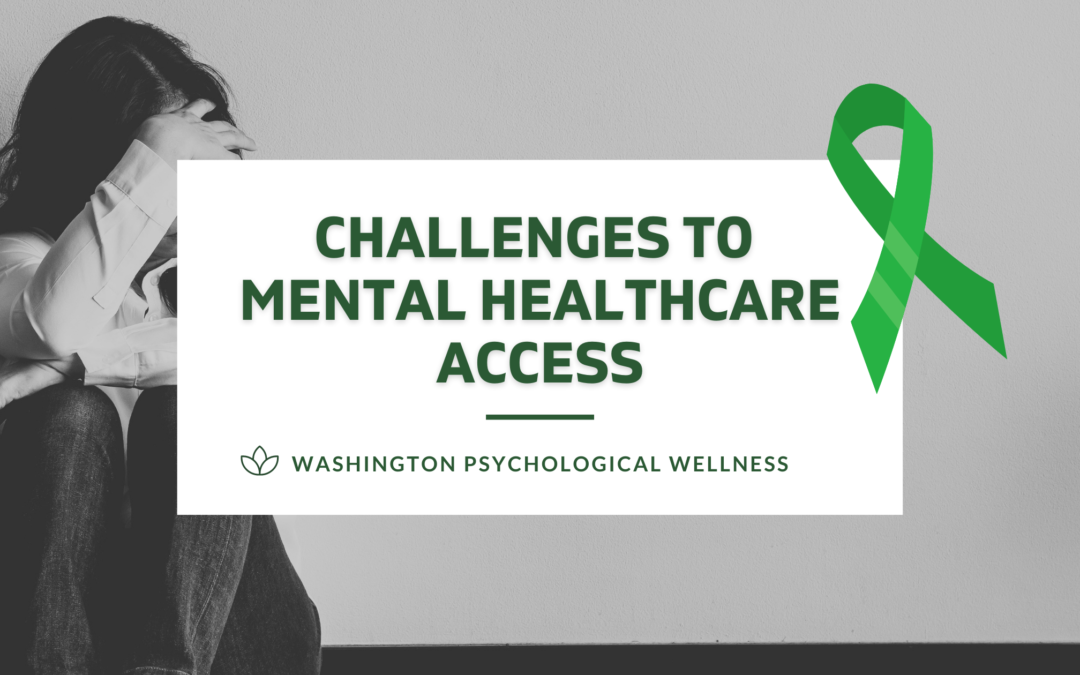Challenges to Mental Healthcare Access
One in five adults in the U.S. experience some type of mental illness. From this number, only 44.8% receive treatment. What’s more, most of these people seek treatment after an average delay of 11 years from the initial onset of symptoms. The U.S. has an advanced healthcare system, yet mental healthcare is barely reaching half the people who need it. There are a number of barriers and challenges that cause challenges to mental health care access, including the following:
Geographic Inaccessibility
The prevalence of mental illness between rural and urban areas is similar, but the services available are vastly different. Mental healthcare clinics and services are more readily available in metros than in other places. Plus, most healthcare professionals choose to practice in bigger cities where there are more employment opportunities. This leaves rural communities with inadequate access to mental health care.
One strategy to combat this challenge is telehealth. It has become more commonplace amidst the COVID-19 pandemic, and more people are appreciating its value. A key advantage of telehealth consultations is that they allow participants to undergo mental health consultations and therapy sessions from home. This removes the need for physical travel. With an internet-ready device and steady Wi-Fi service, those in non-metro areas can get in touch with mental health care professionals.
Shortage of Psychiatrists
There’s currently a 6.4% shortage of psychiatrists in the U.S., and the population of practicing professionals is continually aging and nearing retirement age. By 2025, the shortage may reach 12%. This alarming number has led psychiatric specialists to advocate for team-based mental health care instead.
They specifically suggest that psychiatric mental health nurses (PMH) be allowed to operate independently. This is why some states, like Washington, have begun to allow more independent expansive PMH practice. In fact, PMH is one of the career paths for nurses that is most highly valued today. Those in the field complete a master’s or doctoral degree in nursing and specialize in a specific area of patient care – such as mental health diagnosis and treatment. Certified PMH nurses have been in the field for at least two years and have sufficient clinical practice and continuing education, making them fully adept at providing mental health care. These advanced practice nurses may diagnose mental illness, prescribe medication, and provide psychotherapy.
As more states are realizing the potential of PMH nurses and allowing them to practice without a psychiatrist’s full supervision, the country can begin to maximize the workforce and provide more mental health access to Americans.
Lack of Awareness
By nature, mental illnesses are trickier to diagnose compared to other types of conditions – their symptoms are more subtle. Unlike physical illnesses that are visible, mental issues are more difficult to identify. They may need a battery of tests to diagnose. It’s even more difficult to spot mental illnesses when a person isn’t informed about mental health. It’s one thing to not be educated about mental health, and it’s a completely different thing altogether to be exposed to a culture that stigmatizes mental illness.
Symptoms may be dismissed as personality issues, laziness, or “worrying too much.” This type of thinking is especially prevalent in communities that have a deep distrust of the healthcare system due to years of neglect and abuse, as is the case among several minorities.
In some cases, the sufferer is unaware that their emotional and mental status is deviating from what’s considered normal. And when they don’t know that something is wrong, they can’t seek treatment. The first step to improving access to care is to have widespread education and awareness about the importance of mental health.
Starting conversations about mental health is already one important step towards better access to mental health care. Washington Psychological Wellness is here to help. Contact us now!
Post exclusively written for washington-psychwellness.com
by Jennifer Birch

